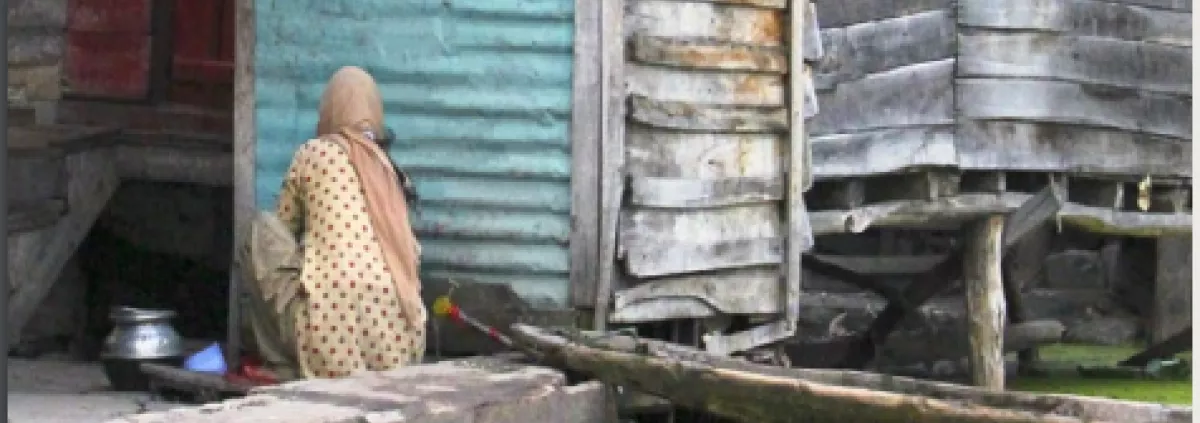Bangladesh has long been at the forefront of flood inundation and is a country which presents diverse needs and massive opportunities. Mott MacDonald's history in Bangladesh began chiefly with provision of water, environment and infrastructure services. Today they are providing innovative and sustainable solutions to a host of public and private sector clients in various areas and sectors.
In addition to poverty reduction, infrastructure development and education, Mott MacDonald has been help local communities develop the skills and management capabilities to build and maintain flood defence and drainage infrastructure under the Integrated Planning for Sustainable Water Management project. Improved water management is doubling agricultural production.
Another key project is the World Bank financed Dhaka Integrated Environmental Water Resource Management Project, which is promoting water and environmental quality management in the Greater Dhaka area. Here, Mott MacDonald have developed options for private investment in wastewater treatment and reuse across the area.
Blue Gold is a water resource management programme, funded by the Government of the Kingdom of the Netherlands to address economic and resource issues of polders in the coastal areas of Barisal and Khulna in Bangladesh. The essence of the program is first to establish and empower community organisations to sustainably manage their water resources and based on the priorities set by these community organisations deliver services for which they have expressed a demand.
In a look back at the eight-year project, Mott MacDonald describe how empowering women alongside men to improve flood defences and drainage, learn new farming techniques and haggle for fair prices at market is enabling 200,000 Bangladeshi households – approximately 1M people – to earn more and live better.
At a glance, infrastructure improvements have:
- Protected 12.8km of riverbank
- Reconstructed 330km of embankment
- Deconstructed 20.6km of embankment
- Built or reconstructed 31 flow regulators and sluices
- Repaired and rehabilitated 181 flow regulators and sluices
- Built 17 new drainage outlets
- Built 4 new irrigation inlets
- Repaired and rehabilitated 225 drainage outlets and irrigation inlets
One of the key objectives was to enable polder communities to manage water themselves – keeping flood waters out, draining excess groundwater and sharing fresh water for irrigation equitably. This has been delivered through Water Management Groups (WMGs). Originally constructed in the 1960s, the polders’ earth embankments are complemented by infrastructure including ditches, canals and sluice gates to drain water from the land, and hold high river waters and tides at bay.
